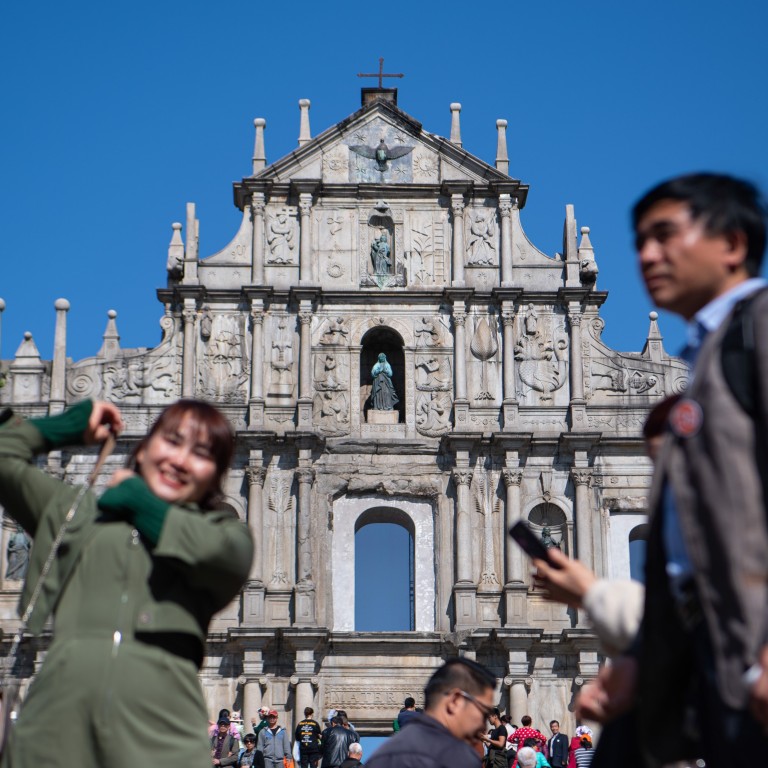
Macau’s property market set for gloomy 2020 despite Beijing’s plans to transform it into a financial hub, say analysts
- Beijing recently unveiled a raft of incentives to diversify the city’s economy away from its reliance on the casino industry
- But investors are unlikely to take notice until more concrete plans materialise, say analysts
The outlook for Macau’s property market remains gloomy this year despite Beijing’s incentives to diversify the city’s economy away from the casino industry, according to analysts.
China’s banking and insurance regulator also unveiled a raft of policies to increase financial cooperation between the Chinese mainland and Macau.
However, these favourable factors for the development of Macau’s economy have had no immediate effect on the city’s property market, said Franco Liu, managing director of Savills Macau.
“I don’t see investors rushing to buy property in Macau because of recent talk of creating a financial hub here,” Liu said.
Best Mart 360, which had 75 stores trashed during protests, opens in Macau
“The government in Macau still has not made any announcements or concrete plans on how to deal with this favourable turn of events. Investors will only begin to take notice once actual plans have been laid out and there’s a timetable.”
He believes it will take at least five years for the infrastructure and financial system to be ready for a stock exchange to be set up in Macau – one of the plans under consideration by the city’s government.
Before the infrastructure to support the ambitious plan materialises, Macau’s property market will not see a boost, as potential buyers take a wait-and-see approach amid global uncertainty and the slowing Chinese economy, said Philip Pang, a partner at Telok Real Estate Partners.
Has President Xi finally set Macau on the path to becoming a financial hub?
“If Beijing decides to establish a stock exchange or a fixed income exchange [in Macau], they would need to establish the infrastructure and import a lot of foreign talent,” said Pang. “There’s quite a lot of uncertainty in the global environment, and market sentiment in general is not great. On the local side, people are taking a wait-and-see attitude.”
He predicted Macau’s home prices would be flat this year, with the possibility of a downward adjustment of less than 5 per cent.
Property consultancy JLL also forecast Macau’s property market would remain subdued this year, in line with 2019, when all segments of the market experienced a significant fall in transaction volumes.
Macau’s GDP in the first three quarters of 2019 fell 3.5 per cent, on the back of a drop in gaming revenues and a decrease in the number of major construction projects.
Macau is the world’s biggest gambling hub, but it saw gaming revenues in December drop the most in nearly four years as it came under security lockdown ahead of President Xi’s visit.
Gaming taxes make up more than 80 per cent of the city’s budget revenue.
Ever since its return to Chinese sovereignty in 1999, the former Portuguese colony has been trying – with no shortage of prodding and cajoling by Beijing – to diversify its economy away from its reliance on gambling to focus on tourism, financial services, entertainment and cultural events.


